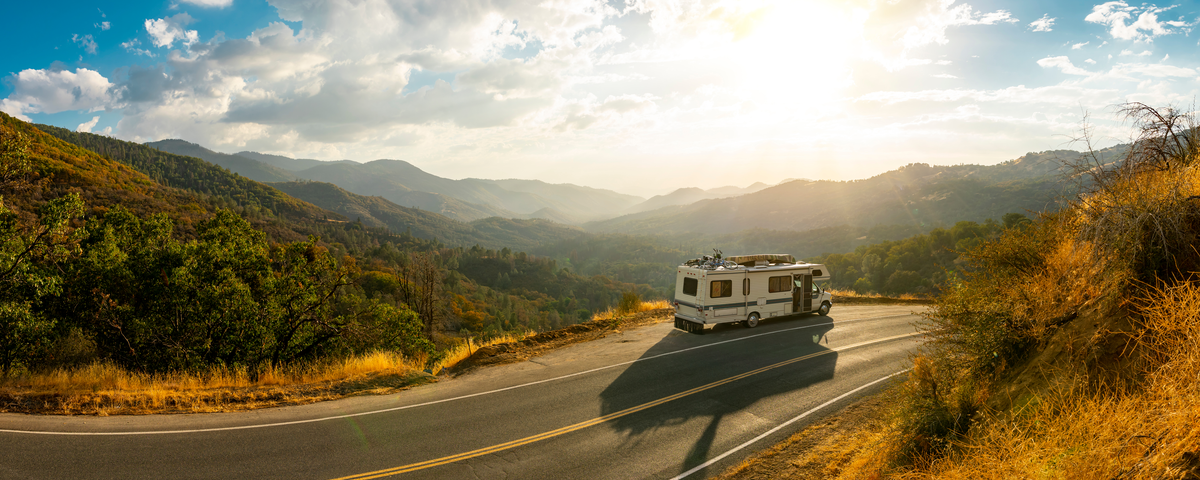51% of travellers are planning a relaxing vacation for 2021. Although travelling remains constricted in most of the global regions, there are ways to get travels going and new leisure experiences that destinations can offer.
We need to bring travel back again. Not just for the survival of the sector but for the wellbeing of the people behind it. The pandemic keeps taking a toll on global society, including travellers. Closed borders, prohibiting prices for PCR tests, spread uncertainty regarding what restrictions are in place at international destinations… the list of factors that restrict global travel seems endless. Leisure travel, the most embraced kind of travel before COVID-19 and the most impacted by this disease, is set for its restart.
Lifting restrictions and booking staycations
There are huge differences between destinations in many factors. From both their infection and vaccination rates to their levels of perceived safety, to the restrictions they have in place. Altogether, this poses a challenge for many leisure travellers who are keen to go on their vacations as soon as possible. Global governments need to stop criminalizing travels prior to putting in place the measures that allow them to reach a balance which keeps the global economy going as well as actually initiating the travel sector’s recovery and, most importantly, keeping the virus at bay.
Leisure travel’s comeback will not happen overnight. Restrictions need to be lifted progressively while stressing the importance of keeping in place key health and safety measures such as wearing face coverings and using hand soap. By doing so, crucial players like hospitality, events, and attractions’ venues will be able to reopen and expand the range of experiences available for both locals and travellers. Parallel to this, there will be socio-economic benefits for communities and, particularly, for small businesses.
For example, the next weeks will be critical for countries like the UK. It is expected that the third British national lockdown will end shortly, giving way to a gradual reduction of different restrictions. In the same way, this measure will boost travelling, which is likely to resume first locally and, then steadily switch to an increase in international travels. Therefore, staycations play a critical role not just for the UK but for any other destination during this reopening stage for leisure travels.
For millions of people travelling is both a lifestyle and a necessity. This factor, combined with the choice reduction for international destinations, make staycations the most valid way to keep exploring within the new normal context. The rise of this kind of holiday means a transformation in the way we approach travelling. Now, due to both the safety protocols and the levels of stress generated by COVID-19, travellers are aiming for more relaxed vacations where leisure is the ultimate goal. By going on staycations, people can avoid crowded places and attractions while they enjoy placid outdoor activities and private accommodation.
New experiences: from train travel to camper vans
With flights threatened by the reduction of both frequencies and routes due to the impact of COVID-19, and additional factors like the ‘Flight Shame’ movement, several alternatives are emerging not just for transport but as travel products and experiences themselves. Luxury travel train experiences like the well-known Orient Express route seem to be gaining popularity at a fast pace. These kind of travels combine the trend of seeking relaxation without neglecting some level of luxury (51% of travellers are planning a relaxing vacation for 2021) with the chance of visiting numerous destinations in the same itinerary. Taking the Orient Express example, travellers can start their trip in London to visit outstanding European capitals like Paris, Vienna, Budapest, and Prague.
Another key experience for travellers who want to spend their leisure time exploring multiple destinations are night trains. Companies like Interrail offer the possibility of booking this type of train, its main advantage being that passengers can travel at night without being worried about ‘wasting’ many hours of exploring. These trains connect many European countries, and they represent both a sustainable way of travelling and a unique travel experience themselves.
But it is not all about trains. Road trips, the most popular type of travel in 2020, will remain as a suitable alternative for those travellers who want to get away and explore the routes which they like the most. And is there really a better way to do so than travelling in a van? The pandemic boosted the demand for this type of vehicle which offers not just the chance to ‘create’ your own travel space but to be your own travel guide. This particular way of discovering new places is especially suitable for younger travellers. Digital nomads find themselves working from ‘offices’ with sea views or spending their holidays travelling from one state to another.
Conclusion?
As I said at the beginning of this post, we need to bring travel back again. ‘We’ includes lots of stakeholders and different interests. Society does not need a hasty and unplanned travel comeback, but a thorough strategy for it. The first stage of this plan starts with understanding that travelling is not a crime. Governments should not ban travels; they should focus on making travels as safe as possible.
Vaccination programmes and health and safety protocols, this is the way. Additionally, a gradual lifting of restrictions needs to be done. We need to get people rediscovering their cities, villages, and countries first so in the nearest future they can go back to enjoying new cultures and places. In the same way, DMOs need to cater for the emerging types of travellers and therefore the new ways of travelling. Together we can continue the sector’s recovery and fulfil our mission of helping people to create good memories and find peace when discovering the world.


